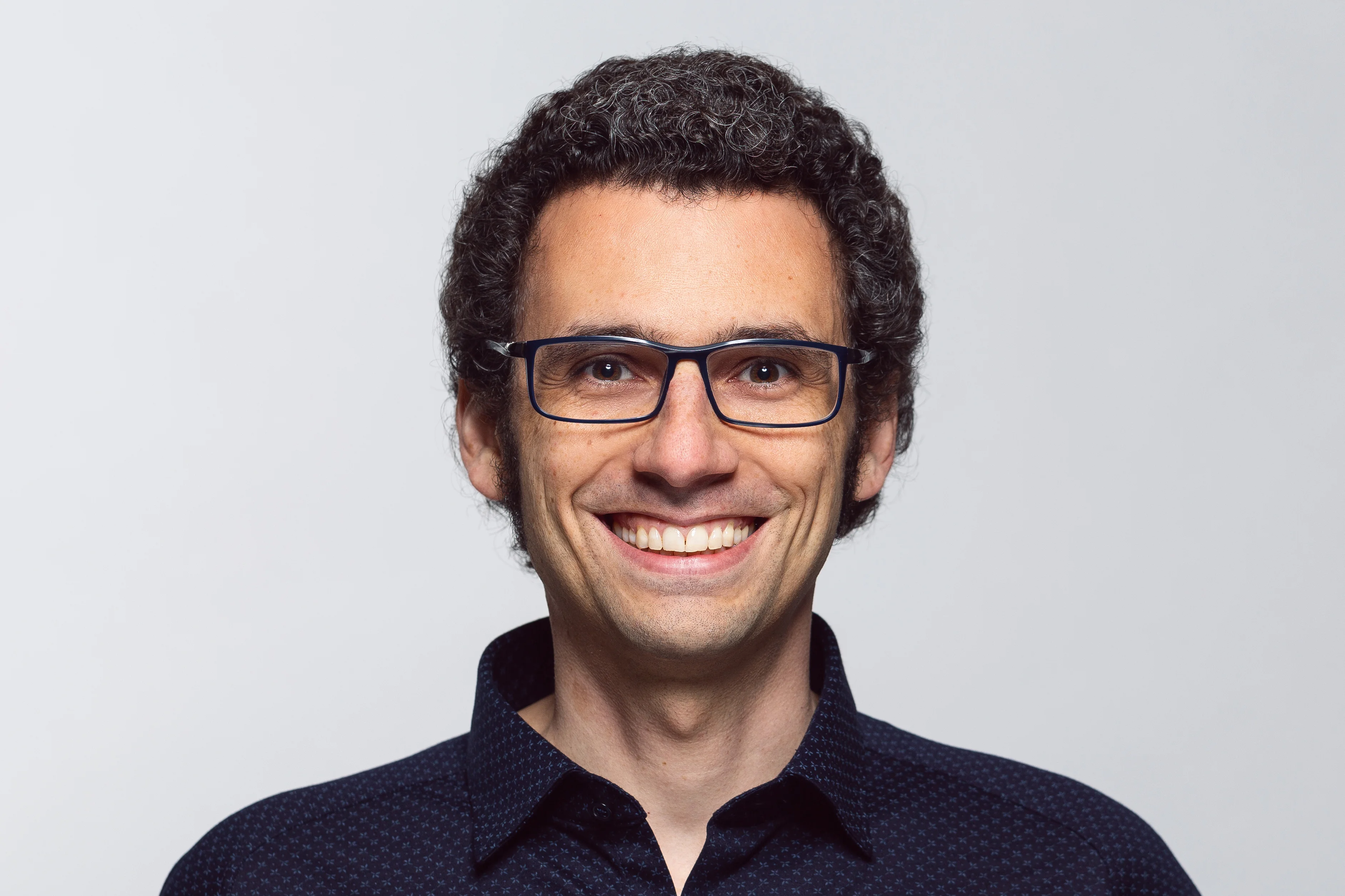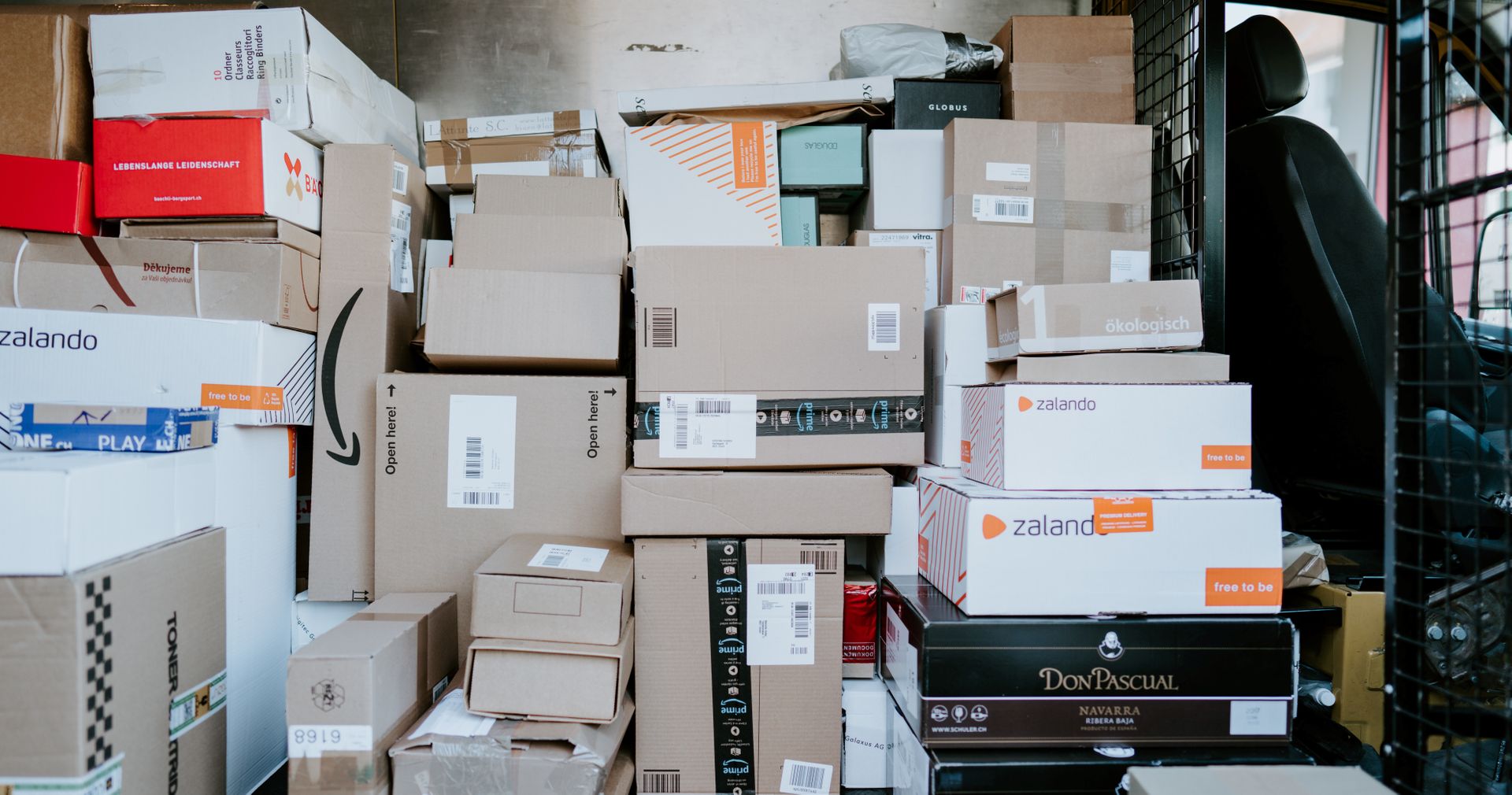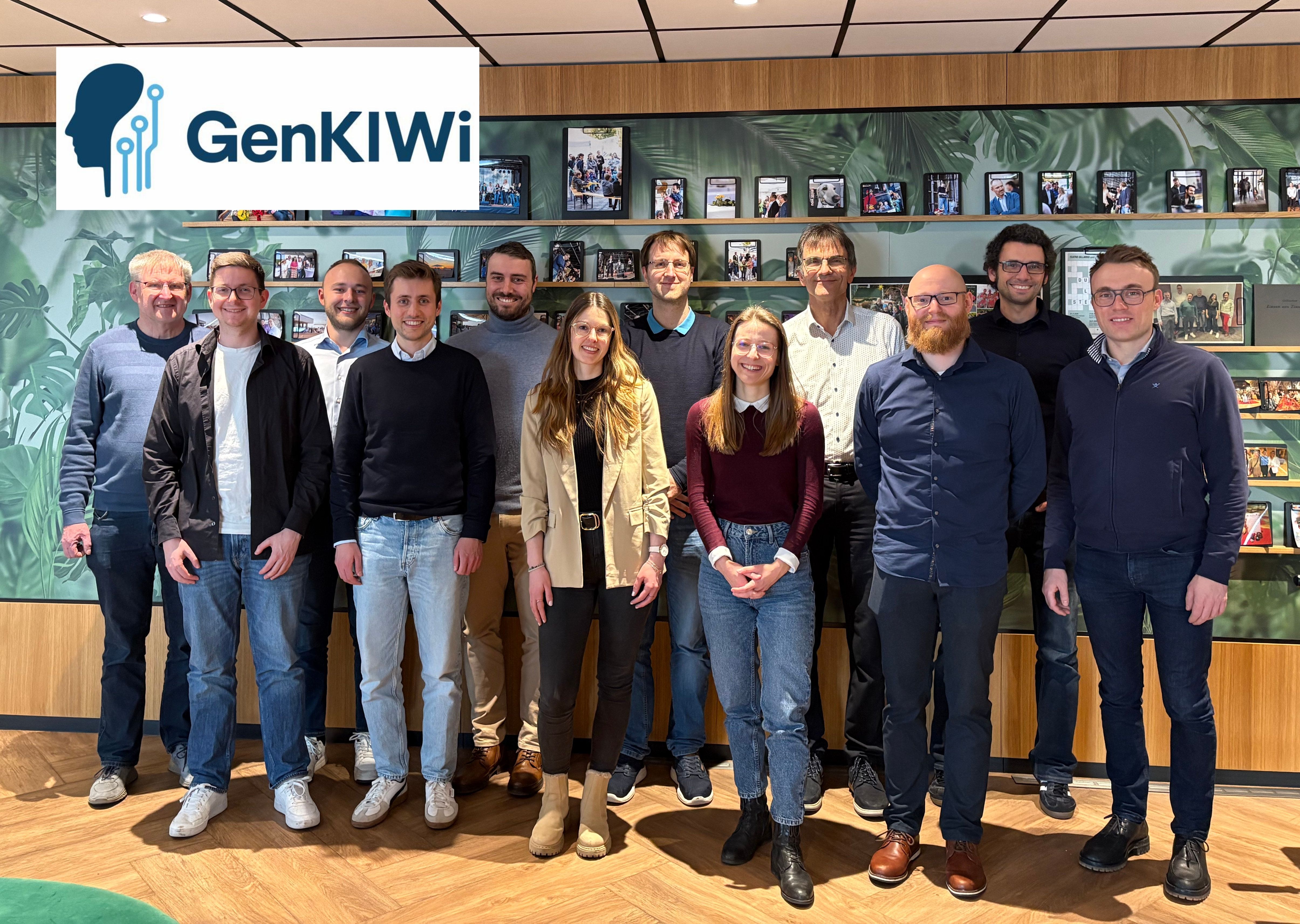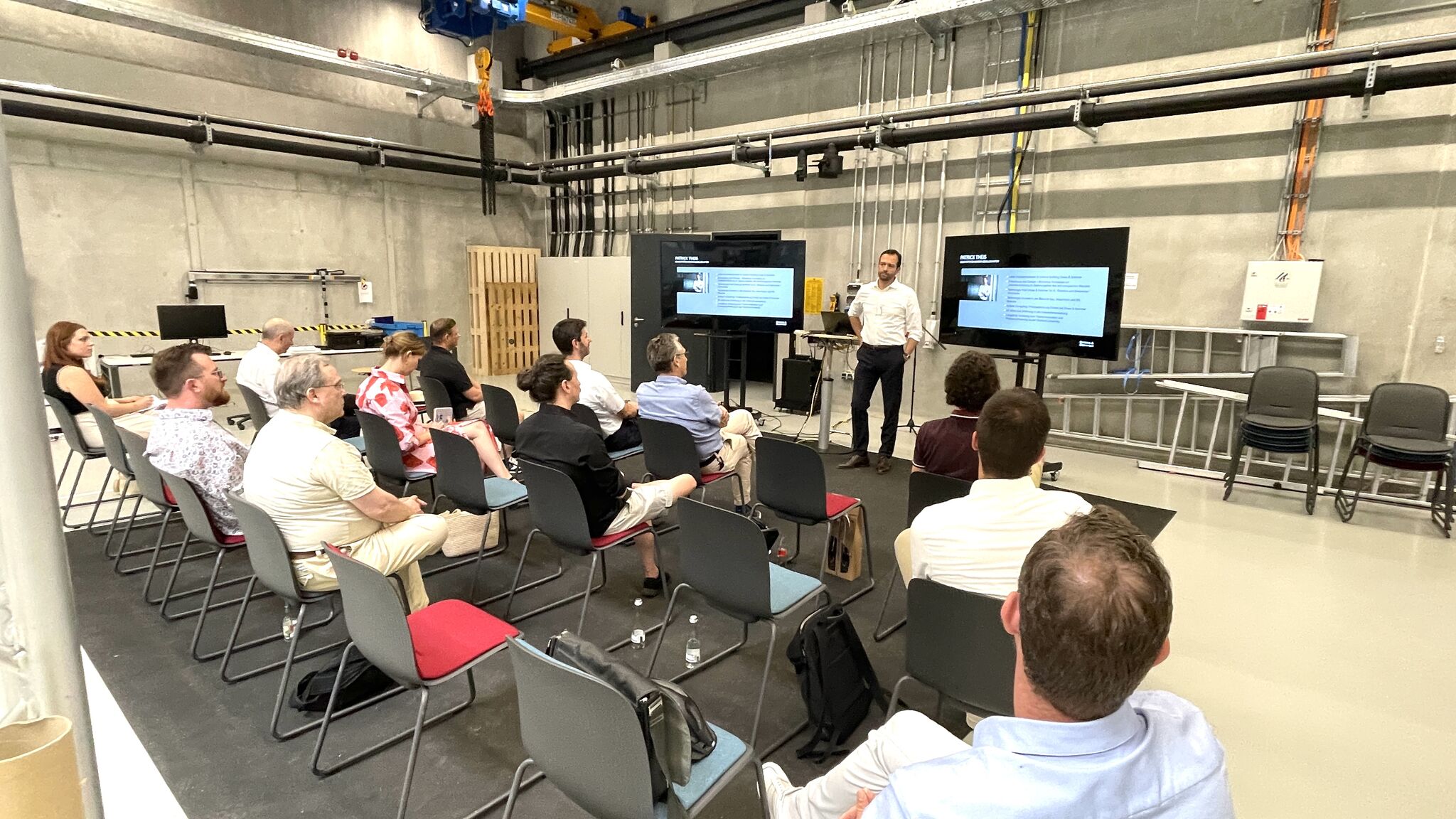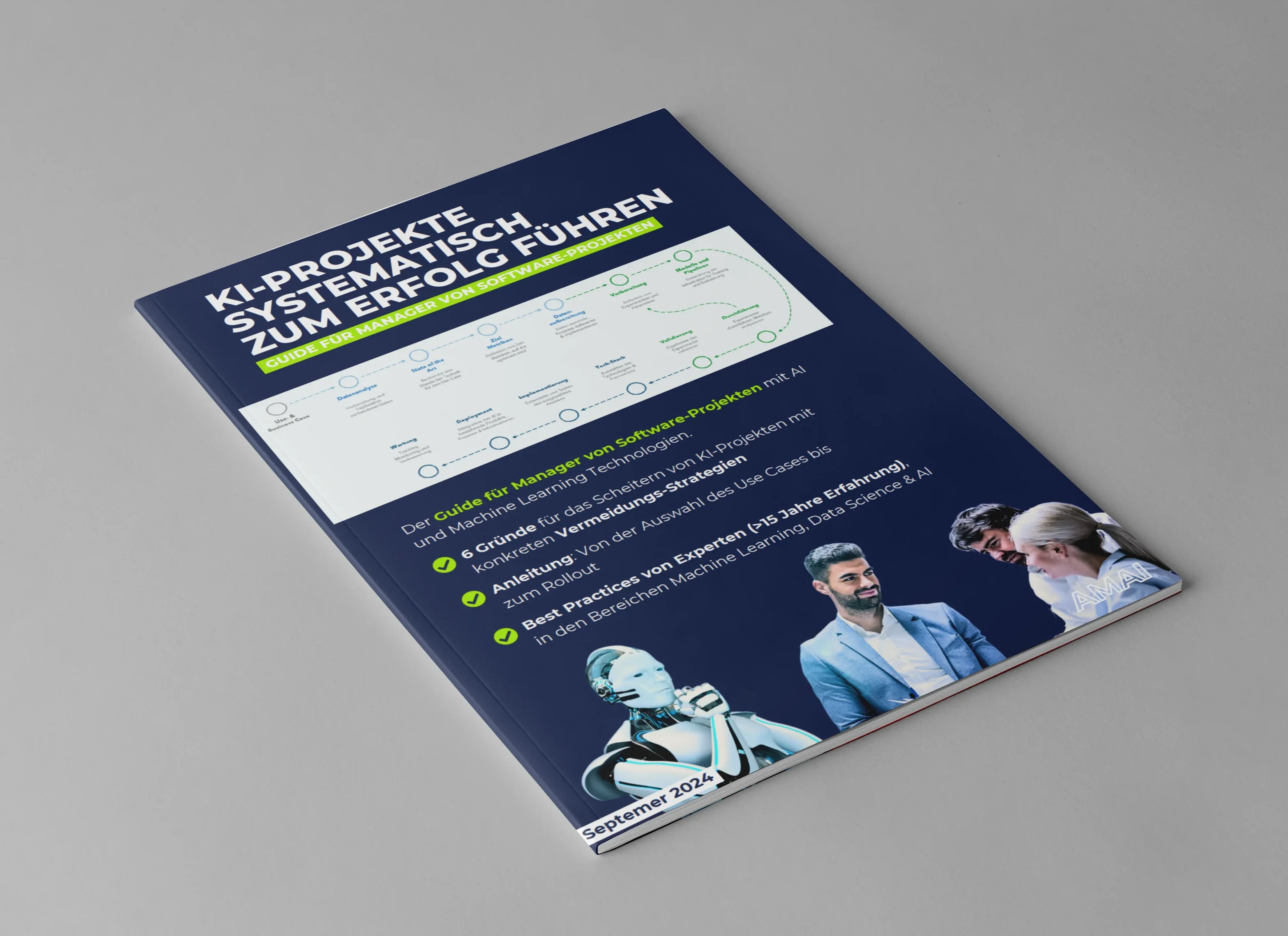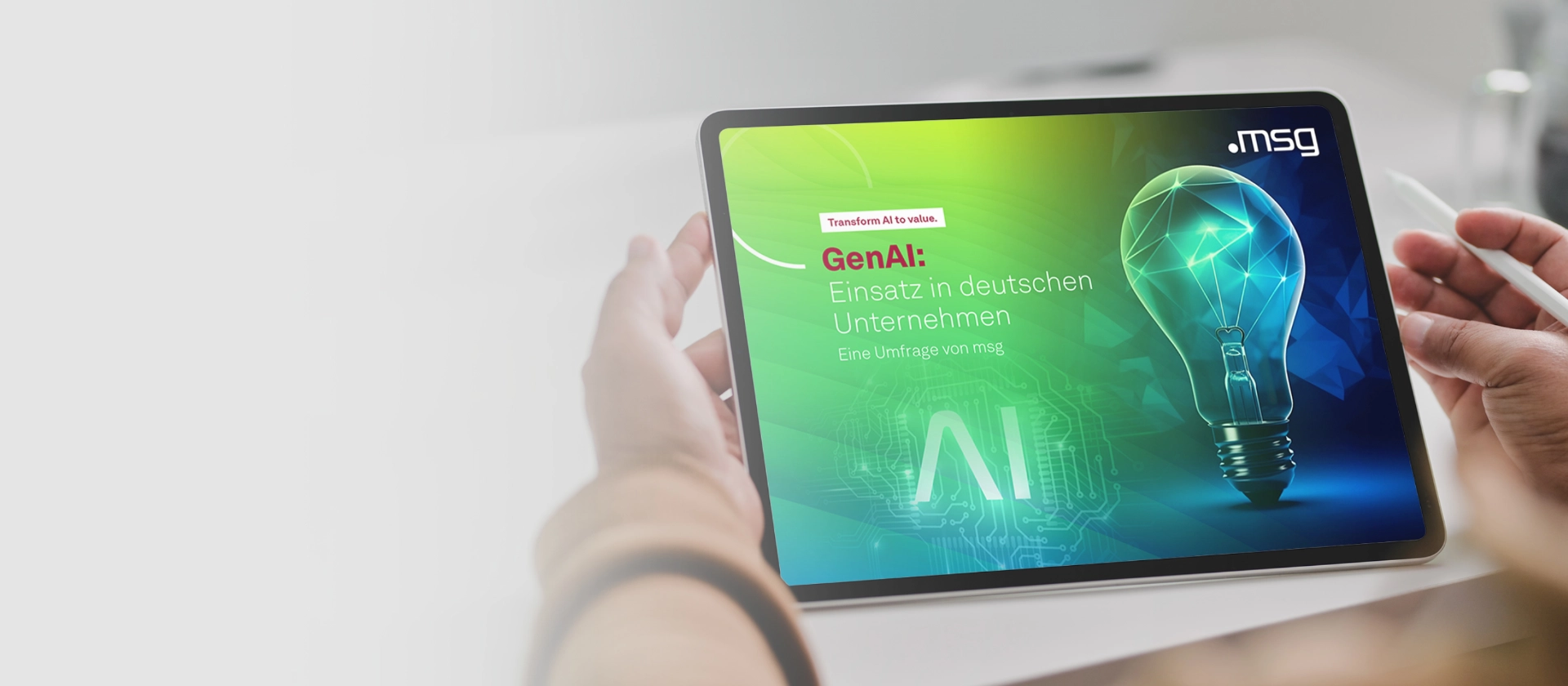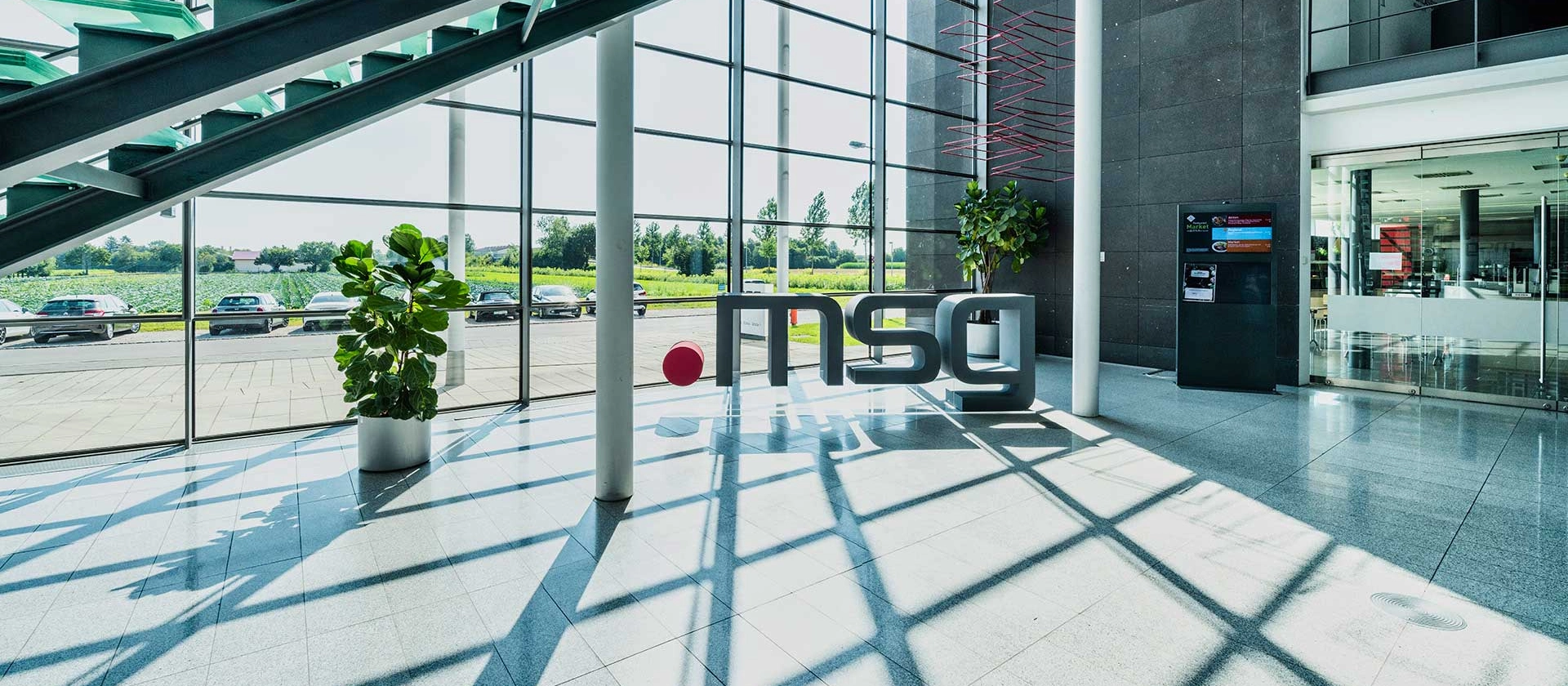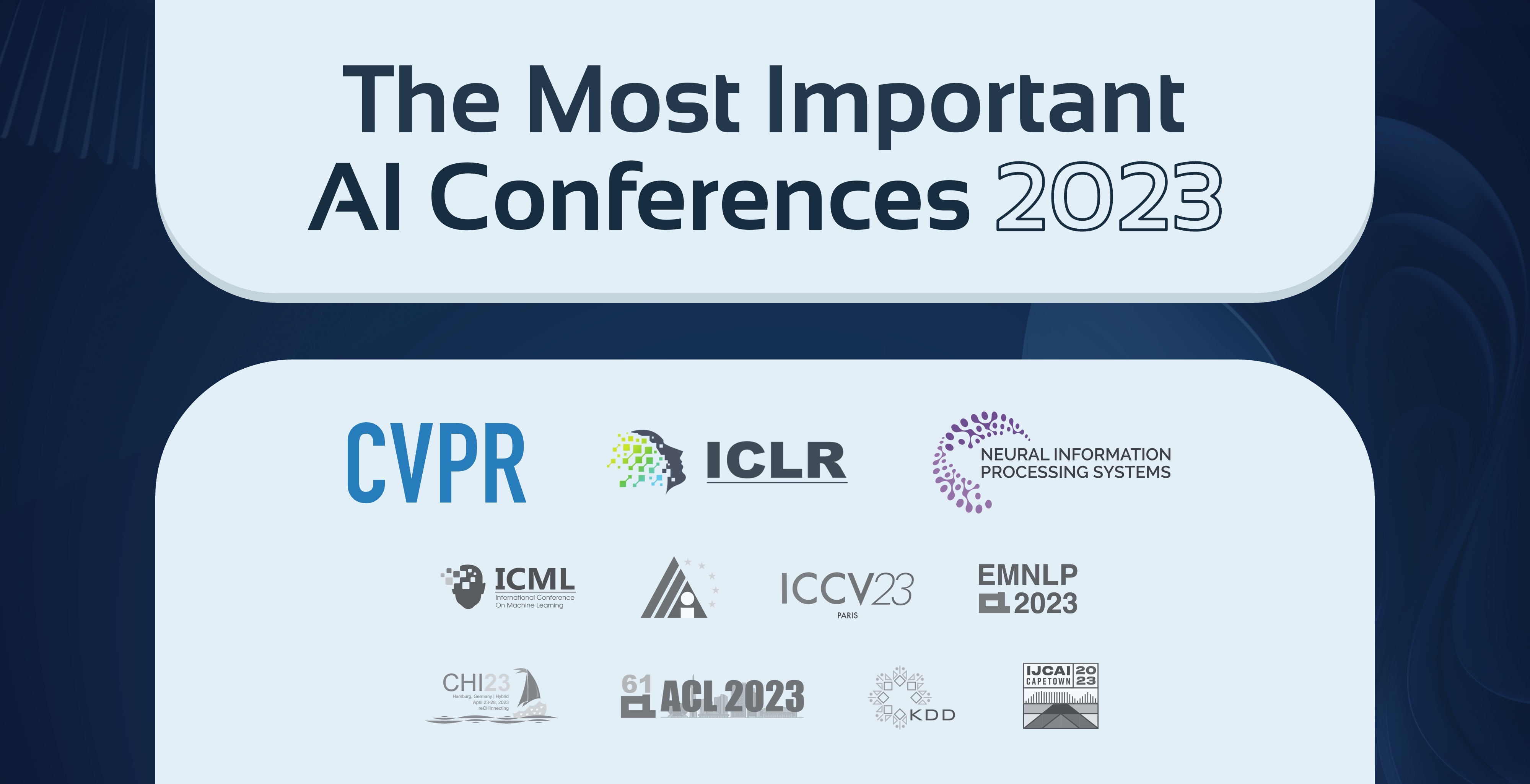Our current development project is about how the goods come into a package — and in fact into the “perfect package.” AI should help to make the packing process more efficient on the one hand and to optimize shipping on the other hand, so that both become more economical and environmentally friendly without affecting delivery times.
Together with our project partners from the Institute of Conveyor Technology and Logistics Systems at the Karlsruhe Institute of Technology (KIT) and the software manufacturer from DR. THOMAS + PARTNER (TUP), which specializes in logistics, our AI experts from AMAI want to present results in the form of a first demonstration with real data as early as the end of the year. The project is funded by the “AI Innovation Competition Baden-Württemberg” of the Ministry of Economics, Labor and Housing of the State of Baden-Württemberg. By funding innovative and complex collaborative research projects, the transfer of AI technologies and knowledge, especially to small and medium-sized enterprises, is to be accelerated so that they can continue to be competitive on global markets in the future.
However, picking, packaging and transport processes today are primarily characterized by their inefficiency in favor of faster delivery times at the expense of resources and CO2 emissions. With rapid growth in parcel shipping every year — not just due to the Corona crisis — companies and institutions offer enormous savings potential, particularly in B2C e-commerce, if they look at their logistics processes more holistically and focus not only on the speed of outgoing goods. The “perfect package” starts right here and ensures that the parcels are packed better in the future, i.e. with less air, so that less packaging waste is generated and that the “smaller” packages require less transport. Delivery times should not be affected so that the customer continues to receive prompt delivery.
This is made possible by AI-based reinforcement learning: While complex algorithms have so far only allowed individual subtasks to be solved and improved independently of each other, “reinforcing learning” of artificial intelligence can be used to holistically represent and solve the entire process with all its interactions and interdependencies. This is because compared to complex algorithms, methods based on AI have significantly shorter runtimes and require less computing power. At the same time, AI can be permanently optimized through reinforcement learning and can thus adapt to a variety of warehouse configurations and business models. It not only suggests the best possible utilization of transport vehicles, but also which of the ordered goods come together in a package and how they can best be positioned within it.
This innovative AI solution for logistics makes the packing and shipping processes of the future more economical and environmentally friendly without affecting delivery times. We at AMAI GmbH are happy to advise you with our AI experts on AI and reinforcement learning or the optimization of your (logistics) processes with artificial intelligence.



